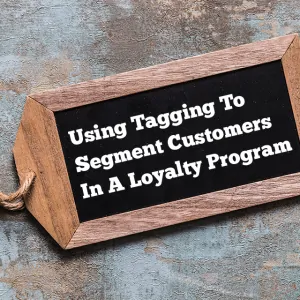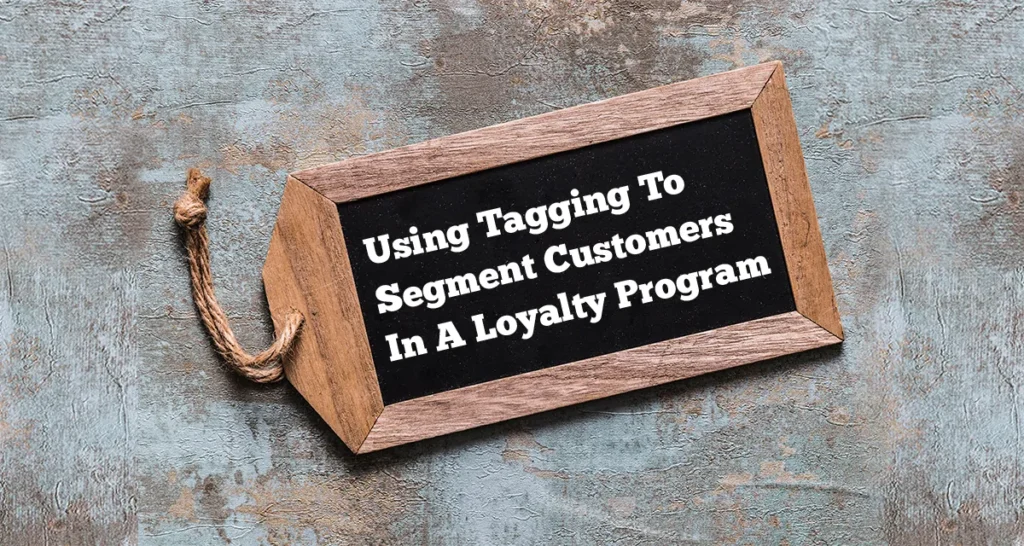
The essence of creating a loyalty rewards program is to ensure customers feel special and find a reason to come back again to your store.
Understanding customers interests, specific needs and behavior patterns may be hard at times, with plethora of data available. A loyalty program makes this segmentation easier. Tagging functionality in a loyalty rewards program can help to segment customers based on different needs, interests or criterion.
Knowing your Customers
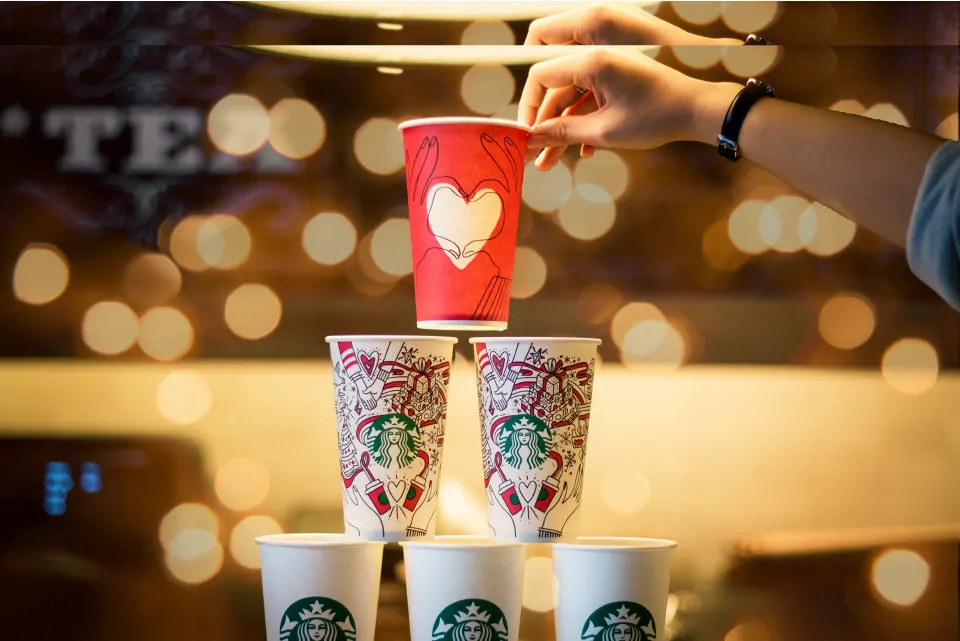
Starbucks is one such brand that takes the efforts to know their customers’ preferences and habits and using them to create a feedback loop that amplifies buying behavior. Starbucks Rewards program offers plenty of customization for users, including a free beverage on the user’s birthday and personalized suggestions based upon past orders. They know which days of the week their customers purchase, so they might offer a “Double Star Day” to you to get them in the store on a day they are not usually present. This gives customers 4 stars per $1 spent, not 2 stars. Other bonuses either reward behavior they want to promote preordering, for instance – or getting customers to try new products.
With every purchase using the Starbucks app, customers leave behind valuable data-
- What drink?
- How often?
- What days of the week?
- What time of day?
Starbucks uses this data to “gamify” the rewards system & this is all individualized.
Segmenting your Customers
Segmentation helps create a personalized approach that makes customers feel like you understand them. It also helps businesses identify which customers are going to need additional nurturing; for example, new customers versus established customers, or happy customers versus customers with a history of opening angry tickets. With this information, you are better prepared to handle customer service and quickly identify customer issues that may need to be escalated immediately. To refine these segments even further, compare the customer’s purchase habits, including their order frequency, average order value, and the number of discounts and reward points they use. This way, you can instantly identify the cost of maintaining relationships with these customers, so you can better allocate resources and time.
Segmentation can also be used to identify areas of improvement in a loyalty program. For example, you want your customers to feel as if they’re earning rewards at a good pace to prevent them from losing interest. If you have several customers that make a few early purchases and then seem to disappear, this could be a sign that they’re getting discouraged. To help bring them back, you could offer bonus reward points to this segment- or if it’s happening very often, rework your whole loyalty program to feel more rewarding.
Segmenting the shoppers on these attributes allows them to create groups of shoppers with similar qualities thus understand the shoppers in greater detail. This helps retailers address shoppers’ needs and behaviors. Tagging feature facilitates the creation of such segments.
Tagging your Users
Zinrelo helps customers assign tags to users. It allows customers to easily-
- Tag a single user: Go an extra mile for your special customer.
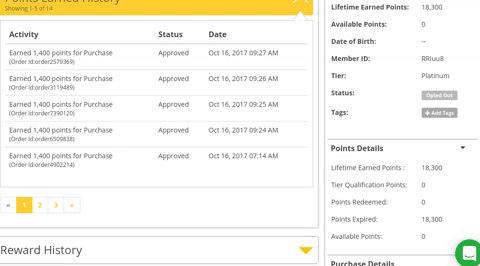
- Tag multiple users at a time: Analysis or promotions on your mind for a specific set of users? Instead of manually searching and tagging different users separately, select multiple users in one go and get started!
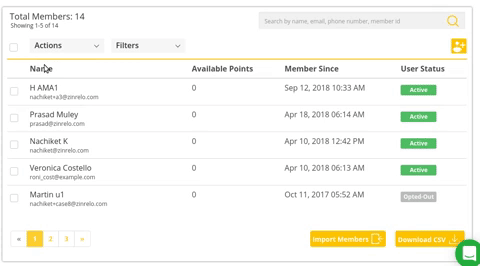
- Search users using tags as a filter: Navigate through large sets of data in a breeze using tags as a filter.
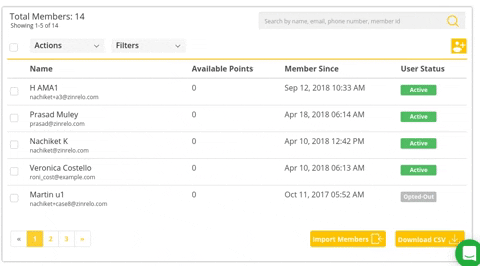
- Instantly act on crucial data from your loyalty program. The tagging feature simplifies tasks. Let’s
take an example of Andrew from brand Aquas. While browsing through customer accounts, Andrew
notices five customers making purchases>$1000 on your website every month you can tag these
customer as ‘Above $1000 buyers’ and set a special loyalty rewards on their next purchase. At the
end of the year, Andrew decides to offer a special reward his most loyal customers. He just selects
the tag set ‘Above $1000 buyers’ and assigns something special for them in his Loyalty program.
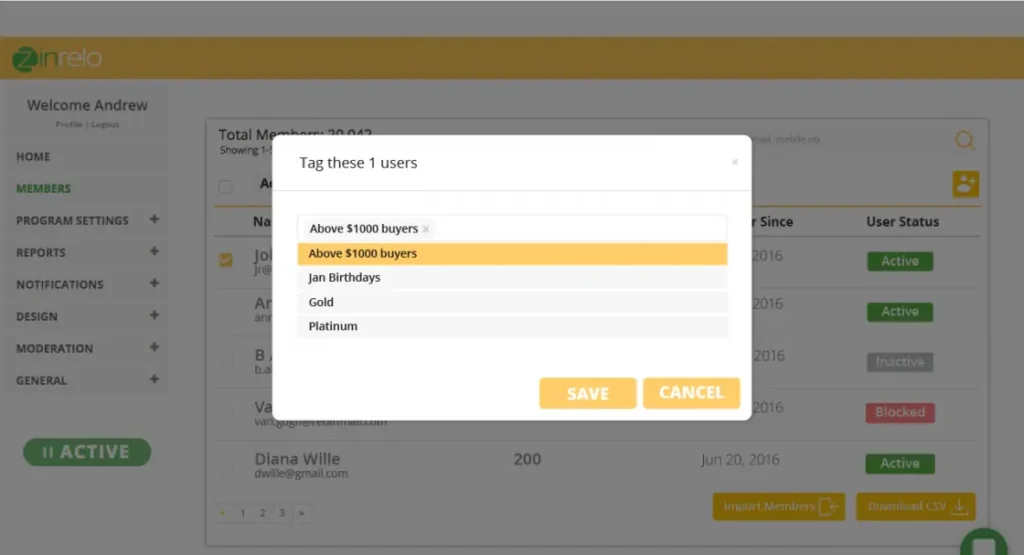
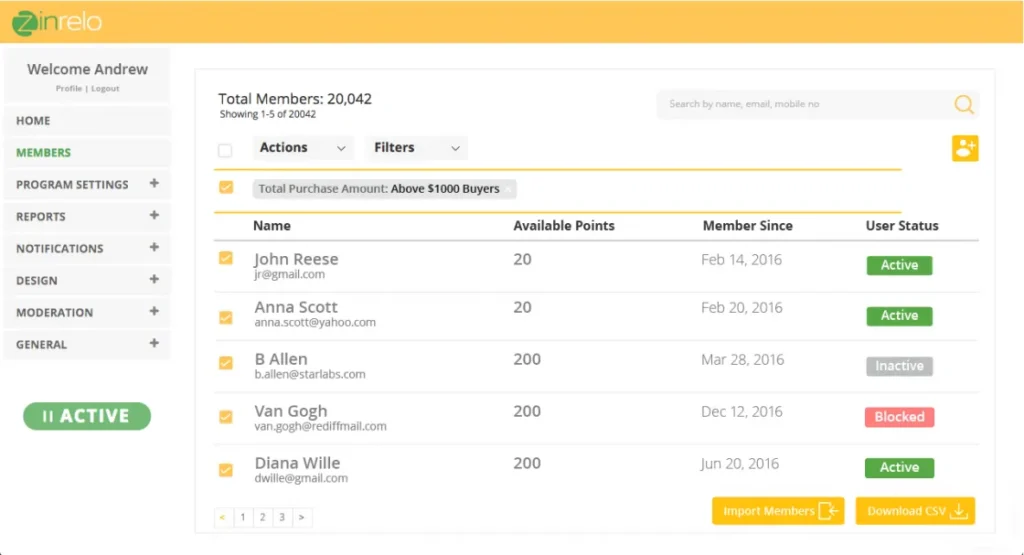
Now, it’s easy to set different tags for convenience, it helps brands to easily track and bifurcate information into different buckets as & when needed. Streamline your Zinrelo Loyalty Rewards program using the tagging feature.
